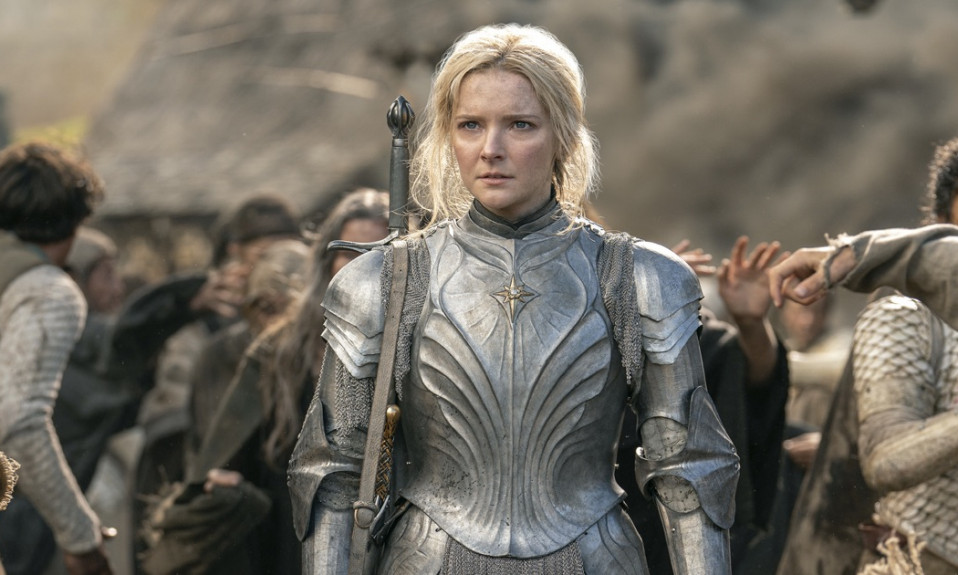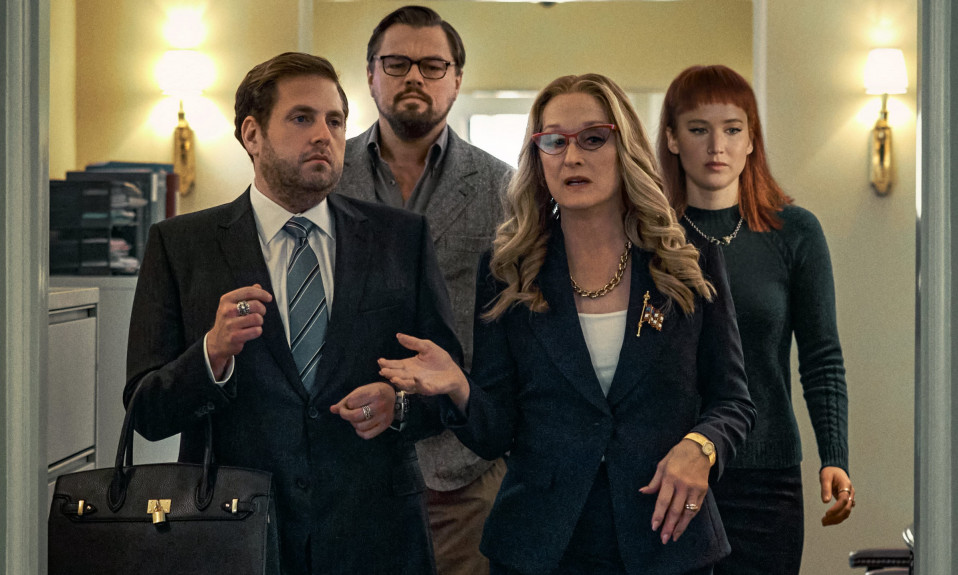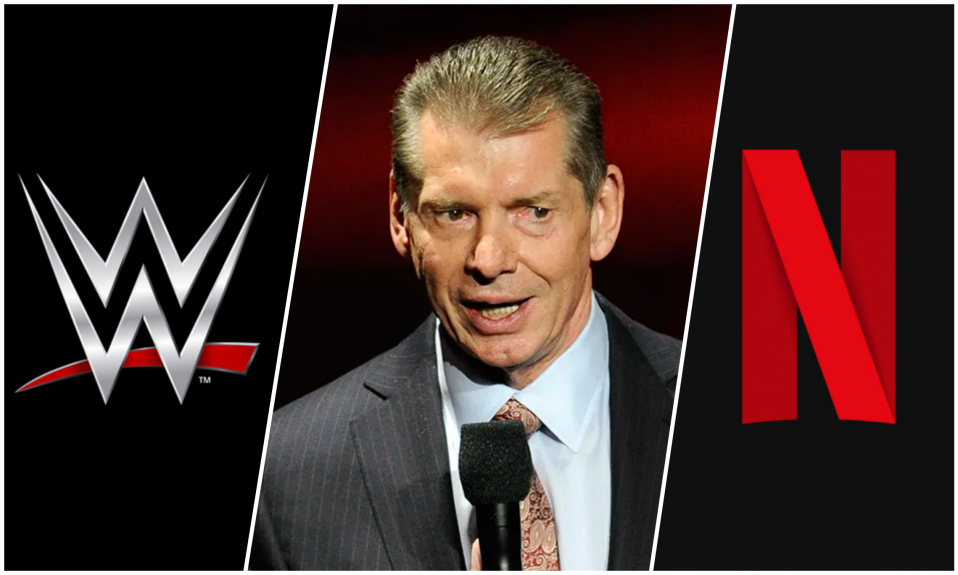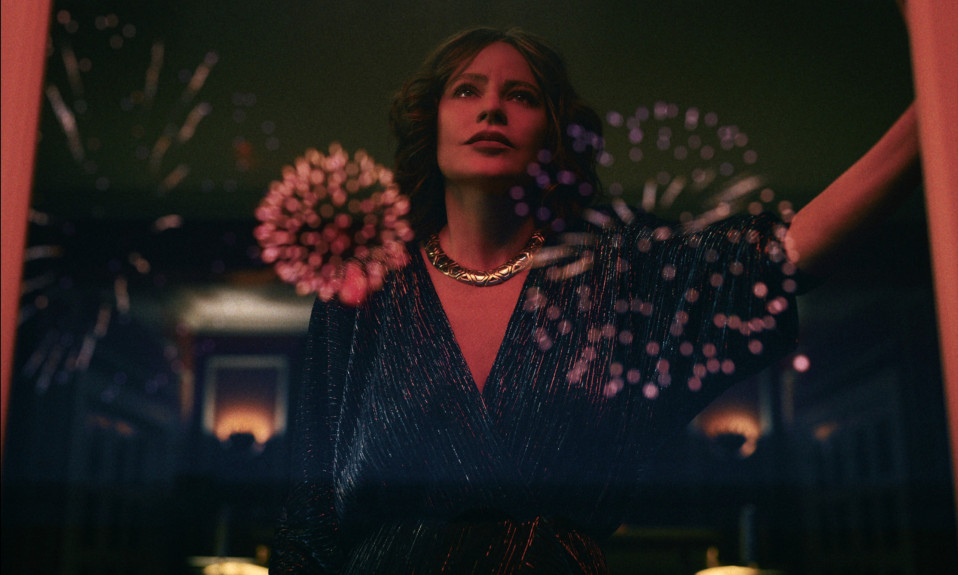Two of the most anticipated TV shows of the year were HBO’s House of the Dragon and Amazon’s Lord of the Rings: The Rings of Power; shows full of magic, dragons and swordfights – in short, fantasy TV. Big hits (or big investments for some of these) over the last few years include The Sandman, The Witcher, The Wheel of Time and so, are we in a golden age of fantasy television?
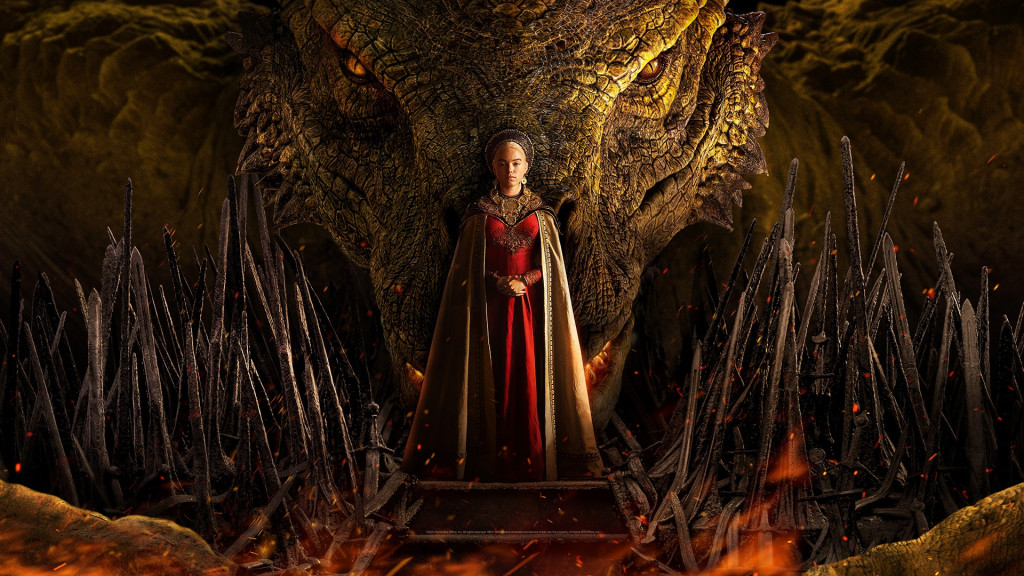
Peter Jackson’s Lord of the Rings trilogy changed Hollywood and popular culture when it was released, a hugely successful set of films film with the budget and technology to bring to life the impossible scenes from the books. Fantasy was undeniably a big deal. When Games of Thrones started it was seen by many as television’s attempt at Lord of the Rings and again was a huge critical and commercial success. House of the Dragon (a prequel to Game of Thrones) is said to have a budget of $20,000,000 per episode, but even that is dwarfed by the budget of The Rings of Power (another prequel) at $57,000,000 for each episode. Looking at some of 2021’s biggest budget films – The Last Duel = $100,000,000, Godzilla vs King Kong= $155,000,000, Dune =$165,000,000 and Spider-Man: No Way Home= $200,000,000, with ten episodes House of the Dragon equals Spider-Man and none come close to The Rings of Power. Money has long been the stumbling block for ambitious tv shows – Game of Thrones skipped a major battle in Season 1 because of the cost, increasingly the BBC has partnered up with HBO and others to help pay for the expensive shows viewers want. And without a doubt, television can get the very best in talent and whilst this has been true for many years it often meant making smaller but more interesting projects, now you can make blockbusters.
Is Fantasy Television Good?
The reaction to House of the Dragon has been very positive. The finale of season 8 of Game of Thrones was so disappointing, for many there was a lot of pressure to make this good. People have praised the performances and script, the lavish sets and costumes…the dragons. The Rings of Power‘s success has been harder to determine with claims of review-bombing and, on the other side, stories of Amazon paying for good press and tinkering with their rating system. Amazon have already signed off on Season 2 and with the staggering sums of money involved in buying the rights, they will want a big return. I am a big fan of House of the Dragon but having not watched The Rings of Power can only say that anecdotally most comments I’ve seen are tentatively positive but they have notes.
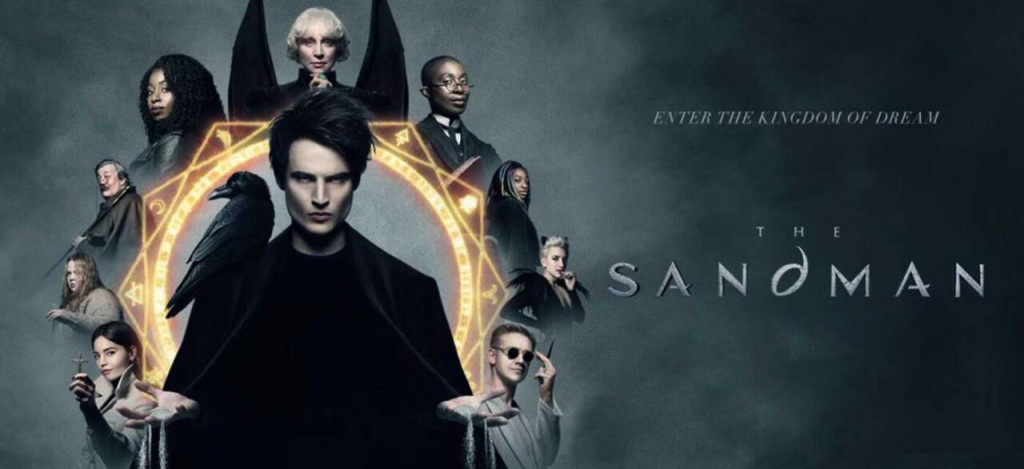
The Wheel of Time is generally considered a bit of an expensive failure, The Sandman was a critical success and popular with fans it perhaps didn’t have as broad an appeal to justify the expense (that might be a business point of view, personally I want ten more seasons). The Witcher was received well. Dungeons and Dragons-inspired show The Legend of Vox Machina has a perfect critic score on Rotten Tomatoes and 93% audience score
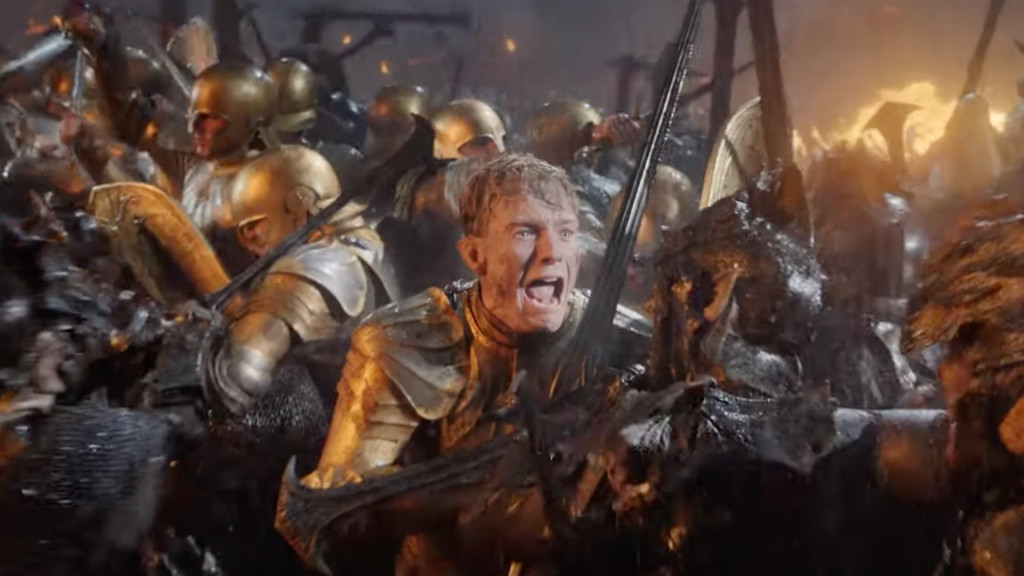
Clearly, there is an audience for fantasy television and they can be big hits but they also come with a lot of risks. Creating any quality television is expensive, Breaking Bad reportedly cost $3,000,000 per episode and it had zero dragons when you factor in many of the additional costs of creating epic fantasy: huge armies, eye-wateringly expensive sets, and, of course, dragons, the cost is raised dramatically. There is seemingly a boom in fantasy television and I would imagine it will calm down in the coming years but I think big-budget fantasy television will persist for a long time.
Also Read: Amazon’s The Lord of the Rings: The New Game of Thrones?


